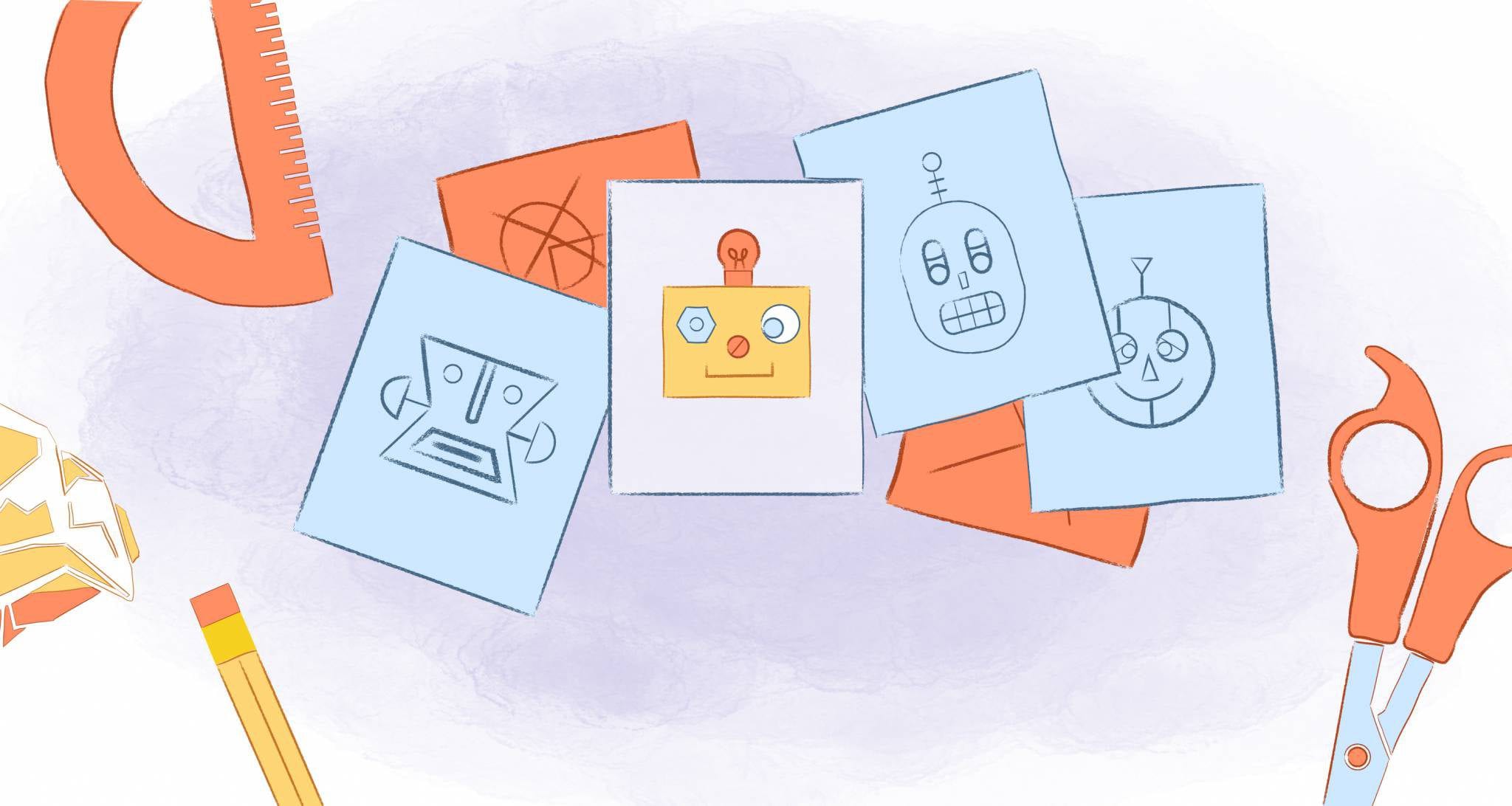

For many of us, the holiday season can be hectic and stressful. On top of your already packed schedule — you’ve got to close the books on the final quarter of the year. You want your calendar ready to jump-start the business in the New Year, and you have to manage seasonal distractions. There will be office parties, getting together with friends and family, shopping, and travel. You’re being pulled in a million different directions, and you feel the stretch.
Some people take the stretch, pull, and tug and use it to their advantage. For example, if you know that you’ll be on vacation, this may motivate you. You can hyper-focus and drill down to quickly target the essentials with efficiency before you leave. Will you take your work with you while you’re out-of-town? No! You’ll complete your most important work in advance — put in some extra time at the office — and not accept any new commitments until you return.
But, that strategy doesn’t work for everyone. The busy-ness of the last quarter of the year makes it almost impossible to remain focused. What’s more, with a limited amount of time, how can you possibly stay productive while enjoying the holiday festivities? Here are twelve ways that you can achieve your goals.
1. Cut down on indecisiveness.
Got it — you’re already crunched for time. But take a deep breath and relax. You will get everything done. But, you have to develop a plan first.
Sit down and determine what your priorities are. These are your most important tasks and events that deserve a place in your calendar. From there, create a schedule and stick to it. Everything else can either wait until the new year, be assigned to someone else, or just be scratched from your schedule altogether.
While this action may sound like a lot of work upfront, taking a moment to prioritize is probably the best way to remain productive. The prioritization will give you clarity and structure, reduces the time and energy spent on making decisions, and prevents less necessary actions from distracting you.
2. Schedule worry time.
According to an American Psychological Association survey, sixty-nine of respondents stated that not having enough time was the leading holiday stressor. The best way to remedy this? Add a time to worry about your calendar.
At first, this may sound counterproductive. But, as Kim Pratt, LCSW, explains, “employing this cognitive-behavioral therapy (CBT) tool can help you develop control over the frequency and timing of your worry.” Research shows that “this technique known as stimulus control training in the CBT world teaches you how to contain your worry to designated periods, thereby freeing up the mind for other important, interesting, or fun activities.”
To get started, set aside a short amount of time, like between 15-30 minutes each week for worry time. Ideally, this shouldn’t be right before bed. During this window of time — jot down all of your worries — just the big ones. You don’t have to come up with solutions right now. The point is to get these thoughts out of your head so that you can focus on your priorities.
Getting your worries out on paper can also help you focus and develop some perspective. For instance, you may notice that you’re worried about things that are not in your control, like the weather. Instead of worrying about things you can’t control, focus more on what you can control. I find it helpful on significant issues to come up with a backup plan. For example, if the weather is frightful, then do your shopping online as opposed to going to the store — or work from home for the day.
3. Maintain your routine.
No matter how packed or unpredictable your schedule is during the holidays, it’s best to maintain your current routine. Having a set routine can reduce stress and anxiety, as well as encourages you to get the most of your time.
While routines can vary, your morning routine should include things like exercising and eating a healthy breakfast. Mornings should also be spent on your most important task for the day. At night, you should unwind by reading and reflecting. Most importantly, you should prepare for tomorrow by reviewing your calendar and knowing what you’ll wear and eat.
4. Take a personal day.
It’s not healthy to always be taking personal days — but here and there to catch up on your essentials, or to help someone out can be beneficial. There’s nothing wrong with taking the occasional personal day, especially during the holidays.
By taking a day off, you’re giving yourself a much-needed break and reserves your cognitive resources. And, when you run errands during the week, places aren’t as busy, so you don’t have to fight crowds during all of your holiday shopping.
Most importantly, a day off lets you address all of those items you wrote down during worry time. You’ll return to work 100% focused on your work and not all of the non-work duties.
5. Focus on one thing at a time.
Focusing on one thing at a time makes a lot of sense. Realistically, multitasking doesn’t work. When you multitask, your brain is constantly switching between tasks. You’re also increasing the likelihood of making mistakes since you’re dividing your attention between different tasks.
The better option is to single-task. Single-tasking means when you’re working on an important task or sitting in a meeting — that’s where all of your attention will be. Once that job or meeting is completed — move on to your next priority.
6. Don’t overbook yourself.
Your calendar is probably more full than usual during the holidays — with work obligations, social events, and travel. Obviously, this can lead to problems like scheduling conflicts and putting other priorities over your own. It may even impact your sleep if you’re festive into the wee hours of the morning.
Instead, keep your calendar as lean as possible. If you’ve already accepted an RSVP to a holiday party this weekend, then politely decline the invite to another. If you have a packed schedule at work, then don’t take a meeting with a client until you have the availability.
7. Make a list and check it twice.
If there’s one lesson you can learn from Santa Claus — it’s the importance of making a list and checking it twice. After all, there are a million things that you need to remember right now. Your todo list includes everything from buying gifts to sending out cards to content ideas for next year.
Instead of letting these extra tasks occupy your thoughts — create checklists and add them to your calendar so that they’re out of your head. More importantly, it will ensure that you won’t forget about them later.
8. Automate, collaborate, and delegate.
Want to lessen your workload during the most wonderful time of the year and beyond? Take a look at all of your recurring and tedious tasks. Then, find tools that will automate them for yourself. For example, if you have an online store, you’re probably going to have more customer service inquiries than usual. You could use bots that respond to these questions or comments so that you don’t have to respond to each customer personally.
For anything that requires a human touch, take a divide and conquer approach. For example, if you’re finishing a massive end-of-year project, work more closely with your team, Assign different parts of the project to various people you trust.
You could also delegate responsibilities to others. Examples of delegating work tasks include asking for help with work that you’re terrible at, or time-sensitive jobs. You could also delegate household chores to family members. If it’s within your budget — consider hiring outside party-planners and cleaning services. You’ll feel better, and they’ll keep your home or office clean and organized — plus it provides you with a little extra TLC in these areas.
9. Curb your online shopping.
Online shopping is a blessing and a curse. On the one hand, you can shop whenever and wherever you want. Personally, I love the fact that I can wake-up on a Saturday morning and do most of my holiday shopping while still in my sweats. As an added perk, you don’t have to deal with other shoppers.
However, because of the convenience, you may end up shopping for the best deals when you’d rather be working. And, to make this even a more significant distraction, you may be tempted to keep your email open so that you don’t miss out on a sale.
Set aside specific times to do your online shopping. If possible, this should be during non-working hours. But, if you must shop while at work, do this during specific times like while on your lunch break.
10. Avoid overindulgence.
Tis’ the season for indulging in feasts, sweets, and maybe some adult beverages. I’m not here to say that they need to be avoided entirely. But, remember everything in moderation.
I don’t think I need to reminded that eating too many treats like cookies isn’t just terrible for your diet; it also can affect your mental performance. Various studies have found that sugar negatively influences your focus, mood, and memory. Consuming too many sweets can even increase stress.
As for alcohol, this can throw off the quality of your sleep. And, even more alarming, could lead to health concerns like cardiovascular disease and high blood pressure.
11. Set time limits.
Setting time limits is a useful productivity hack that you could employ throughout the year. But, it’s particularly helpful during the holidays since it can keep you motivated and focused on the task at hand. If you’ve blocked out two hours to complete a task, then it will be easier to overcome procrastination and perfectionism. And, because you have a time constraint, you know that there isn’t time to get distracted.
Be realistic when setting a time limit — know yourself and know the job. If it only takes you an hour to do something, then don’t set aside three hours for this specific task. Always track the time it takes to do jobs that you often repeat so that you won’t over or underestimate.
Be the person that can block out an appropriate amount of time in your calendar for any tasks at any time and call it accurately. For less critical tasks — like checking your inbox or shopping, give yourself strict time limits so that you don’t spend more time on them then they deserve.
12. Don’t be a scrooge.
Research as found that decorating for the holidays can lift your mood. “[…decorating] create[s] that neurological shift that can produce happiness,” psychologist Deborah Serani told TODAY Home. “I think anything that takes us out of our normal habituation, the normal day in, day out … signals our senses, and then our senses measure if it’s pleasing or not.”
Serani added that this is decorating increases the feel-good hormone dopamine. So, instead of resisting the holidays, get into the spirit by putting up some decorations around the workplace. When you do, you’ll be happier. As you are already tracking how long your tasks take — note — when you’re happier, you’ll be more productive.











Deanna Ritchie
Editor-in-Chief at Calendar. Former Editor-in-Chief and writer at Startup Grind. Freelance editor at Entrepreneur.com. Deanna loves to help build startups, and guide them to discover the business value of their online content and social media marketing.